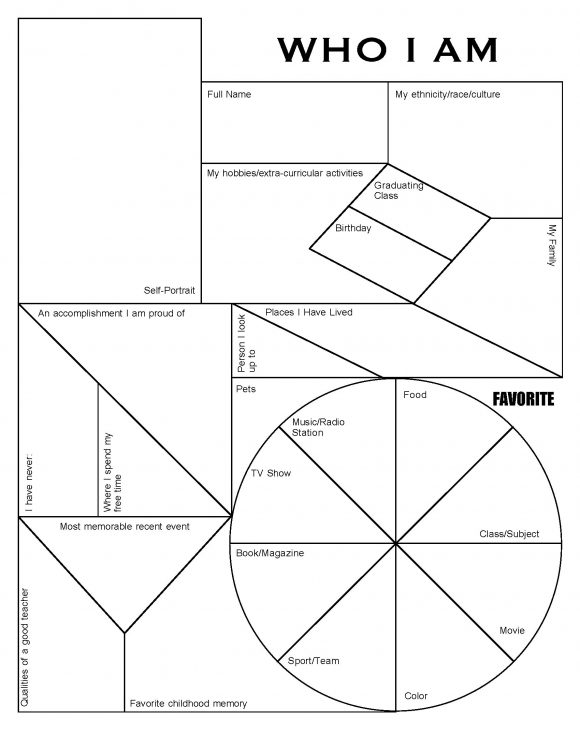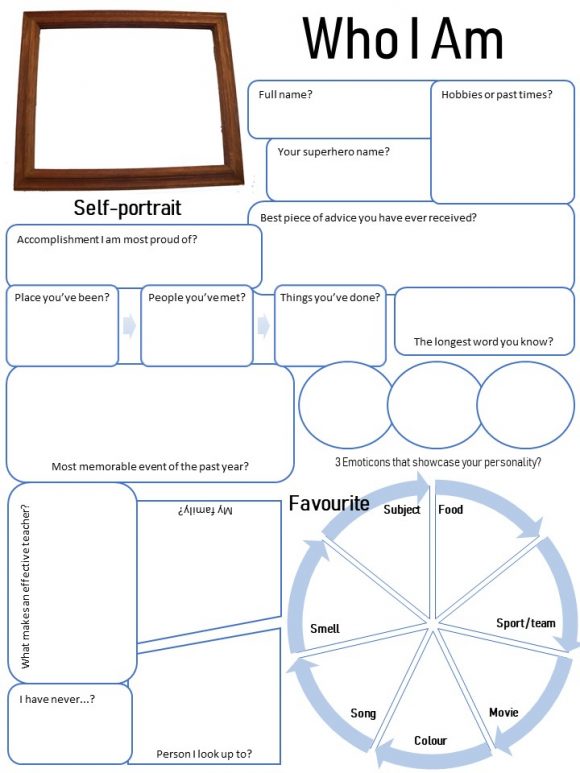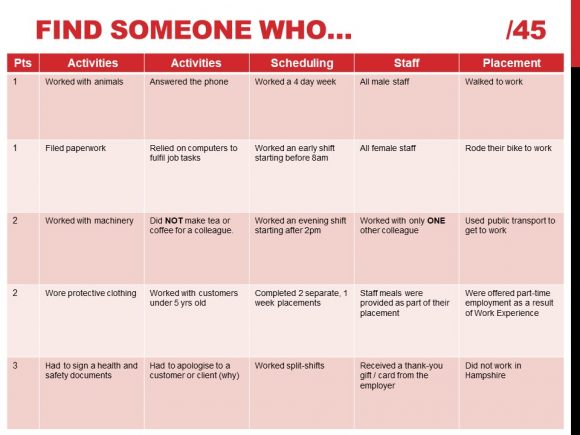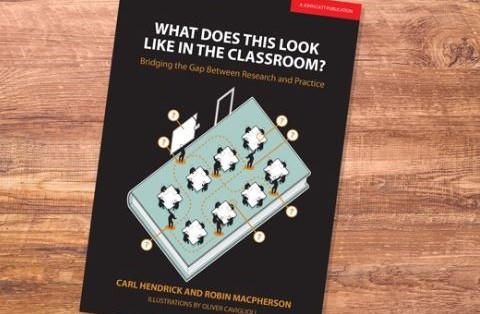Early August States side, mid August, UK side, exam results aside, teachers are focusing on first lesson back with the new class. Where to start, what routines to establish. PGCE students are looking for a steer, established teachers looking for some fresh ideas and awarding teachers are pitching in.
Please DO NOT go through rules and regulations during the first day of school! Connect with your students! Show them you care! These are little touches we cannot underestimate! Barbara A.Zielonka
Approaches should be as diverse as the settings and context. New to school. New to class. New to teaching. New to subject. Current climate of all preceding. Age of class. Size of class. Abilities of class or students. Physical space. First lesson, last lesson of the day… There is no excuse note to know as much as you can about your class; names, photos, prior attainment, education needs – have a conversation with their previous teacher, look at their previous work.
Anyway, here are two tried and tested ideas – one was remarkably more successful than I expected. Two ideas I borrowed, and liked, from the Twitter conversation and “one question that can change everything for our kids.”
Who Am I
A peculiar looking grid, with various shapes and simple questions. I was unconvinced by it’s recommendation and yet, much like “Do it now,” task, it set the tone of “getting on,” in silence, focused work independent work. All questions are accessible.
Adaptations – questions can be answered in written form, by emoticon, sketch. Time allocation.
Pen portraits make for a good game of guess who if you remove the “Full Name.”
You could share your “Who I Am,” and manage a prepared response to who you are. You may choose note too.
You will learn alot about the students in the class by reading their profiles and these snippets of information are powerful connectors (and disconnectors if misused) down the line. A second indicator is by how giving students are of themselves, in their responses,showcasing their hidden talents and how they present themselves in their self portrait.
If I get time, I will rework it and share it here.


The pdf version is here.
Find someone who
I used this when taking on a new class, where a year group had been reorganised following a two week work experience. The scoring system added a little incentive or disincentive to just chatter. I doubt it is new to many, at least not those who have experienced any kind of adult training course.

Borrowed ideas
Set expectations, if it’s a new class some kind of icebreaker game and then they write a letter to themselves imagining its the end of the year and detailing what they have achieved (seal and open last day of sch year) then in back of books 3 personal targets.
— Emma Raymond (@emmray) August 15, 2018
The “blob tree” applied to the subject. To identify and explain which blob they are. Why aren’t they further up? How do they get further up.
Ben Newmark wrote a blog post on this very topic at the start of the year.
Lastly, there is the one question that can change everything – “I wish my teacher knew ____.” Thank you for the reminder @LyndsayBawden. Now a very successful book.
Had my students write “I wish my teacher knew___” It’s a reality check. #edchat #fellowschat pic.twitter.com/8vFUZqQnu0
— Kyle Schwartz (@kylemschwartz) March 28, 2015
Getting connected
Add to that, there are calls for getting connected. New to social media and social connection. That and a fair few black and white photos. This from Edublogs series a nice job of showing and explaining Personal Learning Networks. The short version.
Step 1 – Go for it. Make a little effort with your profile. Connect. [Ask for help or recommendations.] Follow.
Step 2 – Find some related posts that use a # or hashtag. If you like the conversationalists. Follow.
Step 3 – Manage who you follow.
To all joining the profession, I wish you the very best. All looking to improve, like @missgray_eng – thanks for the prompt.
Sprint start – lesson start
On the first few steps out of the starting blocks, most untrained sprinters have a natural tendency to pop straight upwards, thus defeating the point of using blocks. Trained sprinters learn to stay low for the first 10 meters — known as the drive phase — taking powerful strides to transition into their acceleration phase. Sounds much like the first few lessons of a new academic year to me. Your thoughts?


